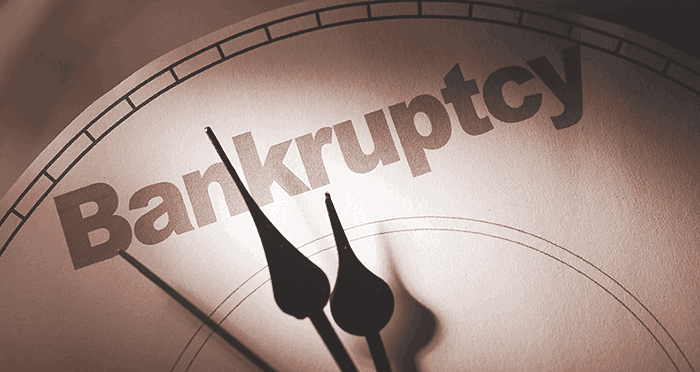Bankruptcy Law

Paul Heatherman has Filed Over 1000 Successful Bankruptcies
Avoid Bankruptcy, or if Unavoidable,
Make the Process as Simple and Painless as Possible.
Yes, bankruptcy can be stressful, but you don't have to face this alone. Let's first discuss this to see if its right for you.
Sometimes Paul Heatherman will recommend avoiding a bankruptcy, and he will negotiate with your creditors instead.
If a bankruptcy is necessary, Paul will stop garnishments and repossessions. He also might be able to reduce interest and payments on your car and credit accounts.
Do not trust a non-licensed attorney or paralegal (many are on Craigslist) to do this for you. We've seen those people make big mistakes, which become painfully apparent at the meeting of creditors, which you will have to attend.
If you must do bankruptcy, have Paul Heatherman do it right.
The Process: the Bankruptcy Petition and Notices to Creditors
You might be getting threatening phone calls and letters from harassing creditors. Today, creditors are more aggressive than ever.
You will have a protective bankruptcy lawyer on your side! Once the Bankruptcy petition is filed, we immediately notify the creditors, and the Bankruptcy Court issues an Automatic Stay, meaning that the creditors can no longer contact you.
We advise you, make sure all the paperwork is completed correctly, and are at your side for all Bankruptcy related hearings.
What is Chapter 7 Bankruptcy?
A Chapter 7 bankruptcy immediately stops garnishments upon the bankruptcy filing.
There are income limitations to the qualification for filing a Chapter 7 bankruptcy.
This is where you liquidate all of your non-secured debts. If you have a house but have no equity, you probably can keep the house, as well as your car (although you would still need to make those payments).
Some property that the bankruptcy trustee deems worth selling will need to be given up. If you have little in the way of property that's paid for, then the decision becomes less difficult.
What is Chapter 13 Bankruptcy?
Chapter 13 bankruptcy is a procedure that forces unsecured creditors to take a discounted amount and is made payable under a supervised plan, which won't be approved unless you can afford it.
A Chapter 13 bankruptcy takes place when you have sufficient income beyond your personal overhead to pay some of the bills. It is determined based on a calculation as required by law. The repayment plan does not exceed five years. Again, it is a way to take control of your budget and aggressive creditors.
In a Chapter 13 bankruptcy, it may be possible to retain your house and remove your second mortgage. This is a potentially huge benefit with the wave of large dollar second mortgages obtained in the recent past.
Although repayment is necessary in a Chapter 13 bankruptcy, it may not be for the full amount. Also, your single monthly payment to the bankruptcy trustee every month is usually at only 1% interest, instead of paying 20+% interest to a credit card, which often means the debt never gets paid off.
Relative Expense of Chapter 7 vs. Chapter 13 Bankruptcy Plans
A Chapter 7 bankruptcy is generally less expensive than a Chapter 13. However, in Chapter 13, you can often finance some of the attorney fees as part of the repayment plan.
How long does a Bankruptcy Take?
A Chapter 7 bankruptcy takes about three months. A Chapter 13 bankruptcy could go on for 3 -5 years, although once the initial paperwork and hearing are completed, the remainder of the time simply involves the debtor making monthly payments to the bankruptcy trustee, pursuant to the Chapter 13 repayment plan.
Life After Bankruptcy
A bankruptcy will remain on your credit report for 10 years, but you will get offers for credit right after your bankruptcy. Stick with the reputable, well-known lenders.
Get credit soon to build up your credit score. Your bankruptcy will become less and less of an issue as you rebuild your credit, and creditors will notice your recent history of good repayment. Within around three years, your ability to get financing should be significantly less expensive then it was right after filing bankruptcy.
However, do not overextend your borrowing, maintain a budget, and take good care of your finances, to avoid any future pitfalls.
In most cases, if you actually work to improve your FICO score, the bankruptcy can actually increase your chances of getting a "Fair" or "Good" rating, within 1-2 years after the bankruptcy is closed.
Don't Feel Demeaned!
Make the choice to feel empowered and proactive.
Choose our bankruptcy attorneys for your trusted, confidential representation, rock-steady negotiations, and your bankruptcy filing. Take the first step toward a fresh start and a new beginning.
Call today, and visit our convenient downtown Bend law office.

